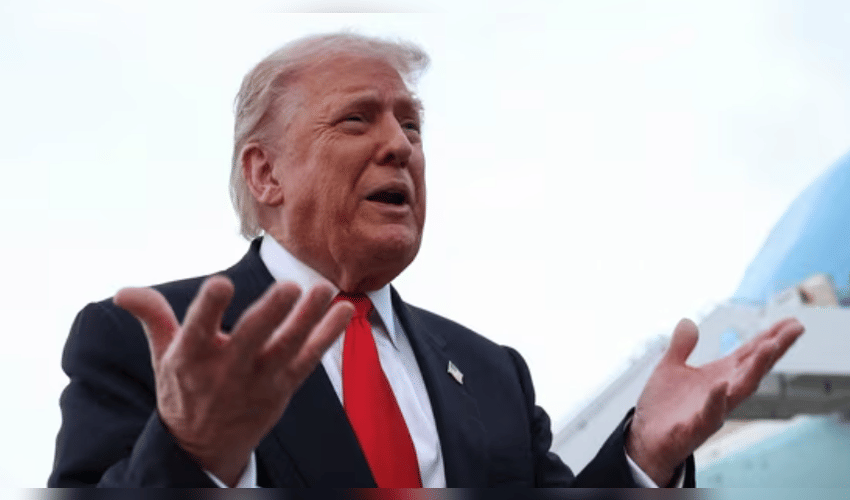Economy
Trump Declares 2,000 dollar Tariff Dividends to Americans, Calls Critics 'Fools'

US President Donald Trump recently reignited debate around his tariff policies by promising Americans a $2,000 "dividend" payout funded by revenues collected from tariffs. In a striking statement posted on his platform Truth Social, Trump declared that those opposing tariffs were “fools” and insisted that tariffs have transformed the United States into the "richest, most respected country in the world." He emphasized that tariff collections were bringing in trillions of dollars, which would soon allow the government to begin reducing the enormous national debt and pay out these dividends to all Americans, excluding high-income earners.
Trump’s announcement reignited discussions about who would qualify for the payments, with indications that the benefit would target middle- and lower-income Americans while excluding the wealthy. The exact eligibility criteria and logistics for distribution remain unclear, but the idea echoes his previous stimulus payments during the COVID-19 pandemic. Supporters see this payout as a way to share the economic benefits of his tariff strategy directly with taxpayers, while critics question the plan's feasibility and its potential impact on consumers who often bear the cost of tariffs indirectly.
The president framed tariffs as a catalyst for economic growth, asserting that they have helped establish record highs in stock markets and 401(k) plans, kept inflation low, and triggered significant domestic investments with new factories and plants opening across the nation. This aligns with his broader narrative that tariffs protect American industries and jobs. However, this policy faces scrutiny. The U.S. Supreme Court recently challenged the legality of the sweeping tariffs imposed under his administration, raising questions about the proper use of presidential authority in trade matters.
Economists have debated the financial implications of such dividend payouts. Estimates suggest that annually distributing $2,000 per person could cost the government hundreds of billions, potentially exceeding tariff revenues, which may complicate fiscal management and deficit reduction efforts. Treasury officials have also expressed skepticism or cautioned about the practical aspects of directly redistributing tariff revenue to individuals.
This promise arrives amid a political landscape where economic issues dominate voter concerns. By positioning tariff dividends as a payoff for middle- and lower-income Americans, Trump appears to reinforce his message of economic nationalism, leveraging tariff policies as tools for both revenue generation and direct citizen benefit. Whether Congress or courts will support or block this strategy remains to be seen, but the president's comments make clear that tariffs will remain a central talking point in his economic agenda going forward.
Trump's $2,000 tariff dividend proposal highlights the ongoing debate over trade policy's role in American economic prosperity and share of benefits, revealing a high-stakes intersection of politics, law, and fiscal policy. It also reflects a broader trend of using tariff revenues in unconventional ways to appeal to voter bases and bolster economic narratives.



